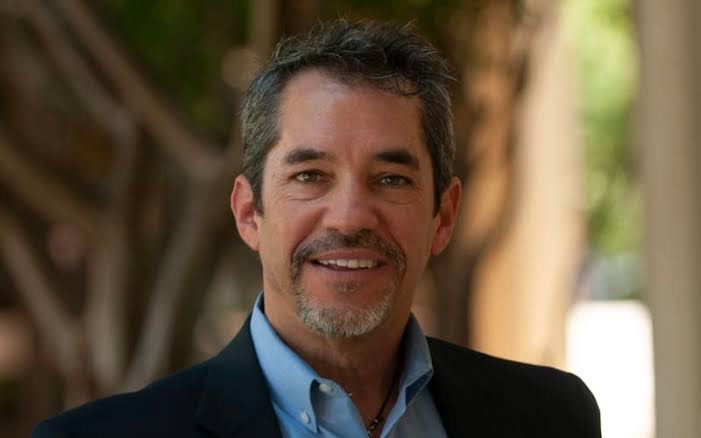To commemorate WEA’s 175th anniversary, we have conducted special interviews with leaders working in various areas in the WEA, exploring the history of her diverse engagements. The first interview features Dr. Michael Ortiz from The International Council for Evangelical Theological Education, who answered questions on ICETE, its history with the WEA and what it means to be evangelical.

Can you briefly introduce yourself and the International Council for Evangelical Theological Education (ICETE)?
The International Council for Evangelical Theological Education (ICETE) has been around since 1980. It is the global hub for evangelical theological education, originated from the WEA. We serve over 1,000 schools worldwide, including theological education colleges, bible colleges, and seminaries through eight regional accreditation agencies. As a global network, we organize events and consultations to bring people together to explore ways to build a stronger community, collaborate more effectively, and advance the cause of theological education.
I serve as the International Director of ICETE. As ICETE’s spokesperson, I develop the organization’s strategic planning, casting, and budget. I make sure the organization keeps moving forward.
In what ways does ICETE represent the WEA?
Several people involved in theological education from the WEA got together in 1980 and had the wonderful idea of establishing a global education center that serves theological education and is connected to the WEA. As a result of those conversations and initiatives, ICETE was born and has continued to grow. It soon became its own organization. WEA no longer directly oversees ICETE, but we cooperate in ministry together. We operate primarily through the WEA’s theological commission. WEA has different ministries and ways to serve. ICETE is one of the organizations it relies on for theological education. As the WEA expands in certain areas and ministries in certain places through churches and missional work, we are there to support it. We come alongside to help with the education of those who are serving in the churches that are developing.
Can you share a little bit about your personal background and history with the WEA?
My connection with the WEA is rather recent. I currently teach at Dallas Theological Seminary’s Mission Department. Previously, I focused on teaching in seminaries and developing theological seminary programs in Spanish-speaking countries. Prior to becoming the director of ICETE, I didn’t know a lot about the WEA.
How would you describe WEA and its work?
WEA is one of those organizations with a global footprint that touches many facets of the evangelical church worldwide. It accomplishes this through its mission and theological commission. In both its scope and the ministries it intends to serve, WEA is very broad and global. I appreciate that it is an organization that is evangelical in its framework and seeks to be relevant not just to the churches in the places it serves, but also to the societies where the churches are located. This creates a tremendous opportunity for a large footprint.
What does the word “evangelical” mean to you and your organization?
Evangelical is a stream of Christianity that intends to stay firmly in the word of God. I don’t want to get caught up in the social understanding because we can get lost in that. In some parts of the world they are trying not to use it as much as in other parts of the world. It is a stream of Christianity that is deeply rooted in the idea that we have a role in God’s global economy, not only to preach the Word, but also to provide clear ministries to serve the church well. I have a concern of us straying from the term as there are movements in those directions.
How can the WEA support ICETE?
We can continue to build good communication and good relationships between the leadership of WEA and the leadership of ICETE. Since I came as the Director, I have seen us make huge progress in that area. Despite our long history, we didn’t have much interconnectedness. We need to continue to carve out the time for interactions and discussions. As we move forward, being aware of what each organization is doing and looking for points of interconnectedness will be key. A lot that we are looking forward to doing as an organization will continue to intersect with the WEA. We look forward to serving you and exploring strategic ways to collaborate and share ideas. We need to think collaboratively. According to polycentric missiology, there is no longer a single center. This philosophy of global ministry transcends into all other areas of global work.